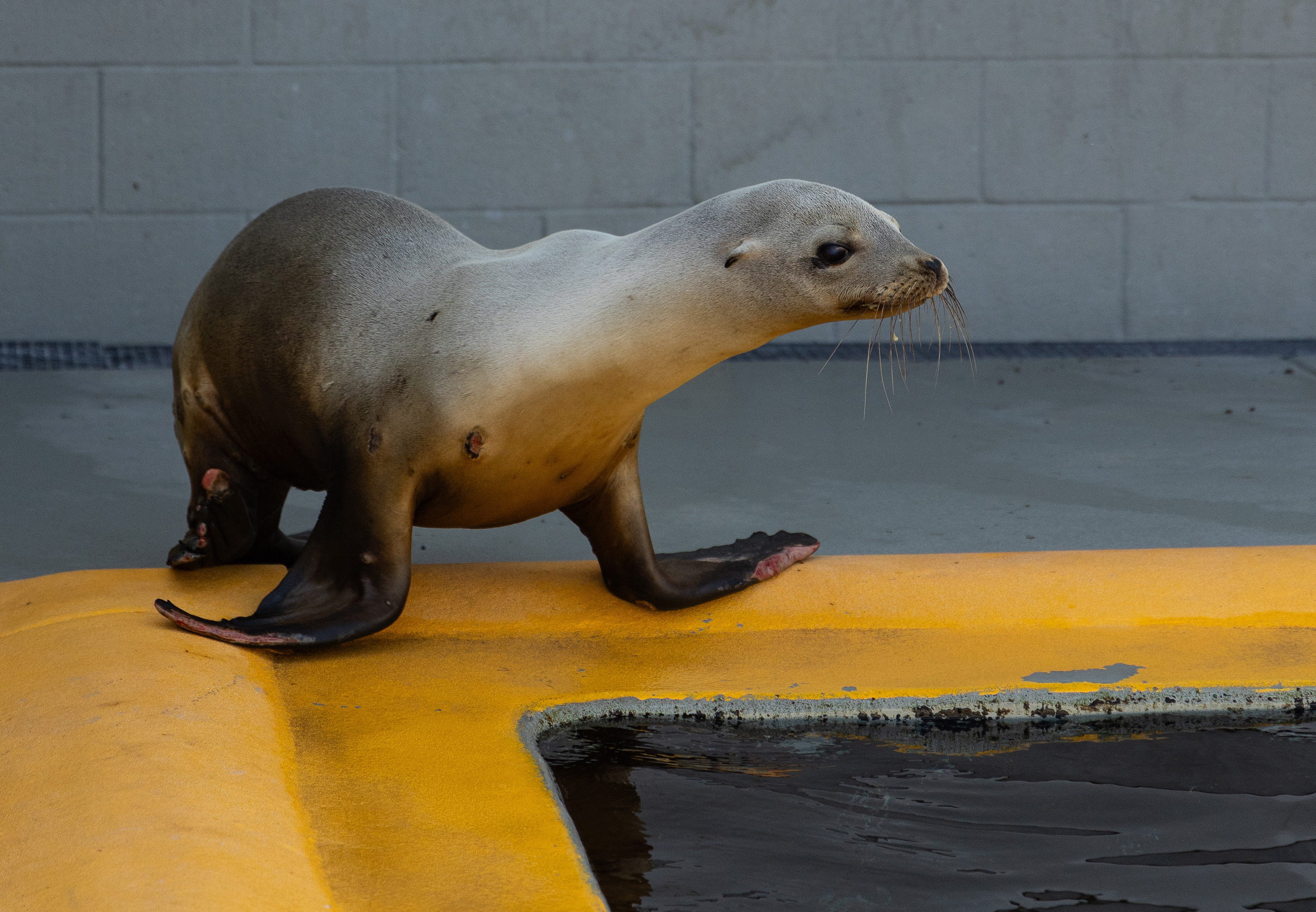A kiteboarder struck a humpback whale on San Francisco Bay last month while a camera was rolling, and he described the encounter as an accident.
Andrei Grigoriev crashed into the massive marine mammal off Crissy Field Beach on June 18. The stunned man told Australia’s 9News that the encounter was “completely accidental.”
Grigoriev captured the incident on video and posted it on Facebook, writing that the humpback whale frightened him by first passing under his board and then doubling back 15 seconds later at a “high speed, splashing fountains and rolling.”
The video doesn’t show whether the humpback whale was injured.
"There’s something huge around you," Grigoriev said, describing the encounter. "He was turning back, and as he was approaching me, I was getting more and more scared, you know."
Grigoriev believes after the initial pass, the same whale circled around and surfaced right in front of him.
Local
"He didn’t just come out, but he came out with the fountain, rolling, trying to scare me or something," he said.
Grigoriev said he tried to hop over the whale.
"If I would have hurt him, I think the first thing he would do is move his tail up," he said. "That’s what they do, and that would hurt."
In recent months, whales have frequently been spotted in Northern California waters. Some have frolicked, delighting onlookers, but others have washed ashore, dead, after being struck by vessels in the ocean.
Marine experts say the whales are coming into the bay to feed.
"For the last couple of years, there have been shoals of anchovies," said Mary Jane Schramm of the Farallones National Marine Sanctuary.
The National Oceanic and Atmospheric Administration advises people to maintain at least a 100-yard distance from all marine mammals, Hoodline reported.
The federal Marine Mammal Protection Act is in place to safeguard whales, dolphins, seals, manatees, sea otters, sea lions and more. So feeding, capturing, killing or harassing the animals is illegal, according to the Marine Mammal Center.



